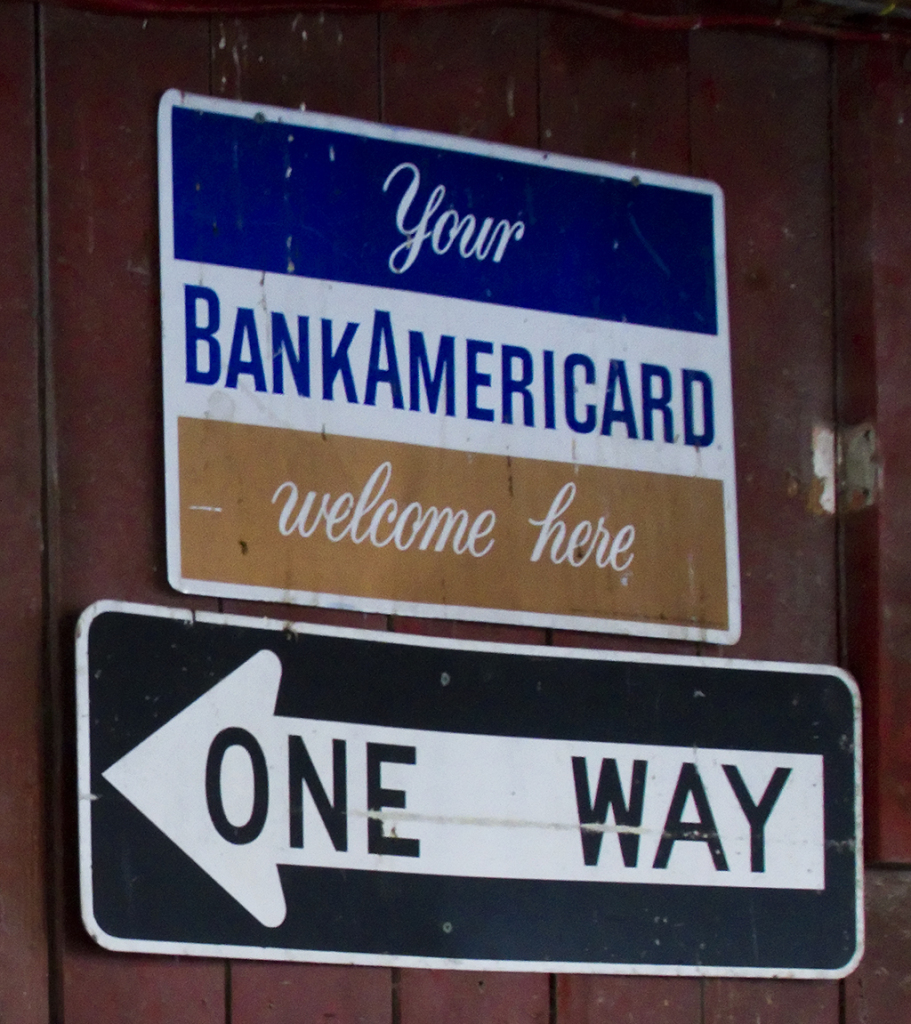Banks Mail Out Pre-Activated Credit Cards, Don’t See The Problem
One Chase customer questioned the wisdom of this idea when he received a pre-activated card, and took his concerns to local consumer reporter Kurtis Ming at CBS Sacramento. A representative of Chase explained to the station that shipping pre-activated cards isn’t a fraud magnet necessarily.
“I can’t comment on mail theft other than to say that we have seen no increase in customer complaints on this topic or fraud related to this topic,” the Chase representative explained helpfully.
The good news, of course, is that the cardholder wouldn’t be responsible for paying any of those charges, but that doesn’t mean calling to report the card theft and ordering a new one is fun or convenient.
A representative of the American Bankers Association also pointed out to CBS Sacramento that some customers prefer to receive their cards ready to go and without any need for activation. Customers can call the issuer to let them know that it has arrived safely, but it’s not required.
The idea of dropping pre-activated cards in customers’ mailboxes goes all the way back to the beginning of general-purpose credit cards. The first ones, from Bank of America, arrived in customers’ mailboxes in 1958, pre-activated with $500 lines of credit. The Bank Americard evolved into the Visa card that we know today.
Inventing something entirely new (the first credit card, Diners Club, was only for restaurants) meant that Bank of America had to learn along with consumers how this “revolving credit” thing would work. They found that card theft was a problem, and even worse, so was non-payment. They found solutions to this, like card activation and collections calls, that are now familiar parts of the financial landscape.
Activated or not, Americans are falling back in love with credit cards, whipping out plastic to pay for everything, while most of us maintain balances on our revolving credit accounts.
Call Kurtis: Why is My Replacement Credit Card After Fraud Already Activated? [CBS Sacramento]
The Fresno Drop [99% Invisible]
Want more consumer news? Visit our parent organization, Consumer Reports, for the latest on scams, recalls, and other consumer issues.


